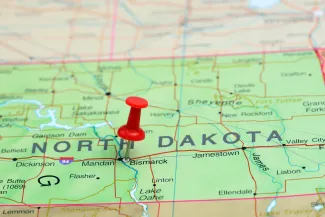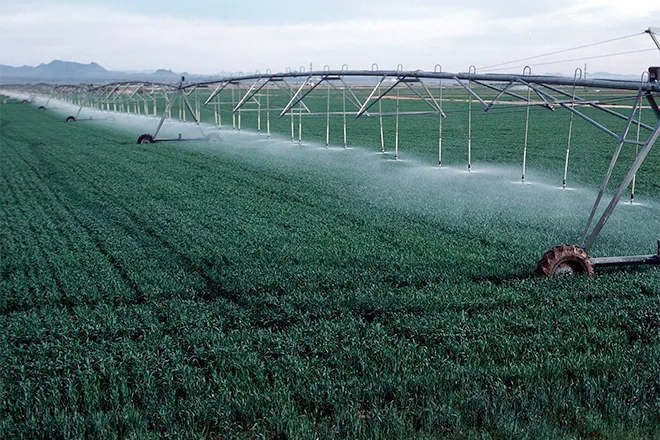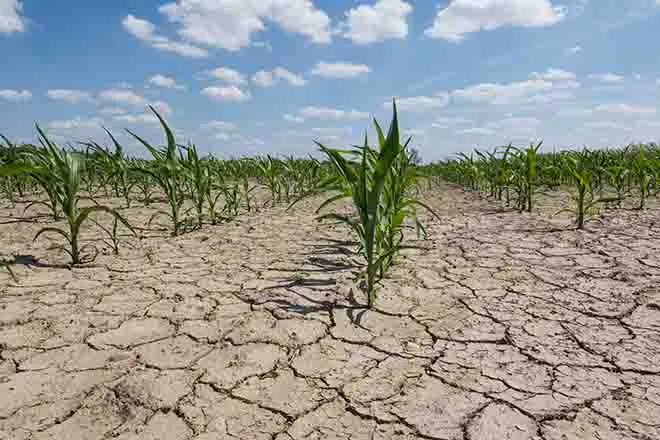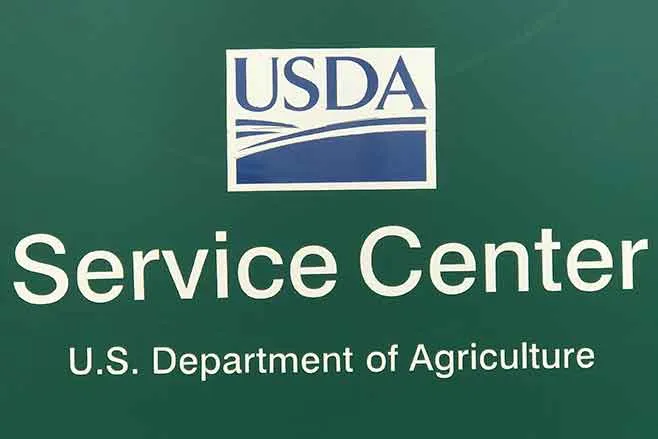
Despite more awareness, mental health barriers remain for North Dakota farmers
Click play to listen to this article.
(Prairie News Service) It is January and North Dakota farmers may already be looking ahead to the spring planting season.
Mental health providers see hope and challenges in assisting producers who are overwhelmed about their operation's outlook.
Becky Kopp Dunham, clinical social worker and co-owner of Together Counseling, which has a program specifically geared for farmers in the eastern half of the state. She acknowledged there is still a stigma among the farming community regarding mental health care needs. But Dunham feels reluctance has been fading by making inroads with family members and farm employees.
"There's a domino effect in these communities," Dunham explained. "It isn't just literally the farmer and rancher but it's people that are involved with them. They feel the impact of those hardships."

Since 2021, Dunham pointed out their program has served nearly 90 farmers and ranchers and their families. A grant program through North Dakota State University helped make the counseling more accessible. But the funding has dried up, and Dunham noted keeping insurance costs lower could help additional producers sign up for sessions or prevent existing clients from having to pause counseling.
Dunham added because farmers are self-employed, higher health insurance costs are one of the many things leading to added stress. Even when yields and income are strong, she emphasized farmers have a lot to worry about.
"[There are] still concerns about finding the parts for their equipment, the cost of equipment or not having a succession plan for the next generation," Dunham outlined. "That's causing conflict."
Because of climate change, unpredictable weather is making it harder for farmers to plan from season to season. While her office is based in Fargo, Dunham said they offer telehealth services.
The North Dakota Department of Agriculture has a list of mental health resources on its website.

















